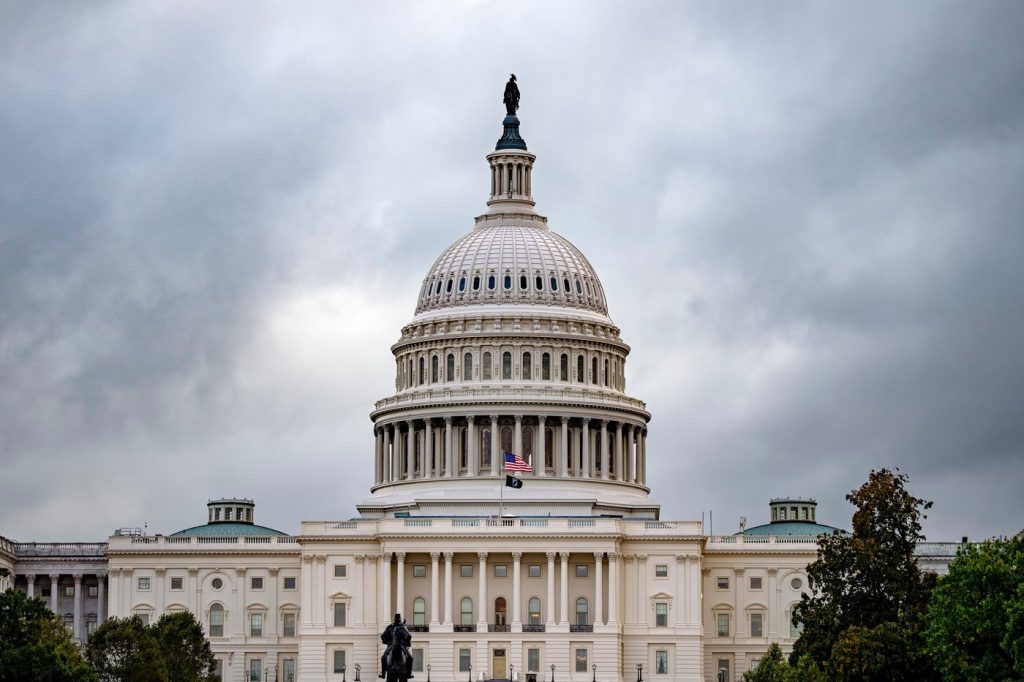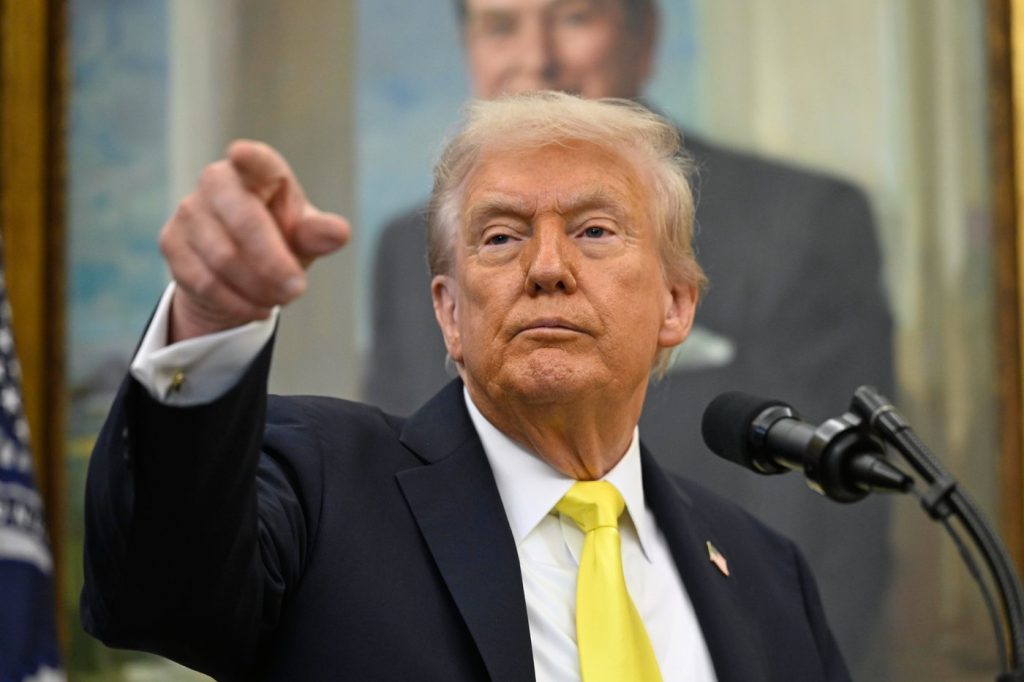In the third week of a government shutdown, Democrats are showing resilience against President Donald Trump's attempts to intimidate them with threats of mass firings of federal workers. The Democrats have returned to Washington from their home states and have continued to reject Republican efforts to pass a bill aimed at reopening the government, with the recent vote marking the ninth time the GOP proposal has failed.
Virginia Senator Tim Kaine articulated the sentiments of his constituents, particularly federal employees, emphasizing the need to stop what he referred to as "carnage" and insisting that yielding to Trump's demands would not be the solution. Similarly, Hawaii Senator Brian Schatz dismissed the intensity of the firings, labeling them as "a fair amount of bluster" and predicting that they would be legally contested and likely reversed. This prediction gained traction when a federal judge in California issued a temporary order halting the firings.
Senate Democratic leader Chuck Schumer condemned the layoffs as a "mistaken attempt" by the Trump administration to coerce Democratic votes. House Democratic Leader Hakeem Jeffries asserted that such intimidation tactics would continue to fail. Senators have reported that constituents are more concerned about expiring health insurance subsidies, which have become a key issue in the shutdown negotiations.
Delaware Senator Chris Coons stated that the expiring health insurance subsidies and the recent Medicaid cuts made by Republicans have far-reaching consequences that outweigh the potential impact of the predicted federal worker firings. Meanwhile, Republicans are steadfast in their strategy to withhold negotiations concerning health care subsidies until Democrats agree to vote to reopen the government, with no signs of compromise emerging from either party.
At the outset of the shutdown on October 1, it was unclear how long Democrats would maintain their position. A coalition of moderate Democrats initially engaged in informal discussions with Republicans, aiming to gain enough Democratic votes to advance the spending bill. However, as the talks regarding health care subsidies prolonged without resolution, moderate Democrats such as Senators Jeanne Shaheen, Maggie Hassan, and Gary Peters continued to oppose the GOP's plans.
Senator Peters emphasized that a government shutdown does not justify the mass firings being enacted by the administration. Lawmakers from Virginia and Maryland, representing significant numbers of federal employees, expressed their determination against the Republican approach. Senator Kaine criticized Trump for waging a "war" on his own workforce, advocating for accountability from those in leadership positions who disregard their employees’ welfare.
Democratic lawmakers, including Senator Chris Van Hollen of Maryland, publicly demanded that Trump and Director of the Office of Management and Budget Russell Vought cease their attacks on federal employees and engage in negotiations to address the health care crisis effectively. Following the announcement of over 4,000 federal worker firings associated with the shutdown, Trump claimed that the administration's actions were aimed at dismantling programs favored by Democrats.
However, U.S. District Judge Susan Illston found the firings to be politically motivated and expressed concern over their lack of due consideration, issuing a temporary restraining order to halt the cuts based on evidence suggesting they were illegal. As negotiations remain stalled, Senate Republicans, led by Majority Leader John Thune, reiterated their unwillingness to engage in discussions until the government is reopened. Despite this stalemate, Republicans have indicated plans to hold additional votes on individual spending measures, beginning with defense funding, although support from Democrats remains uncertain.












